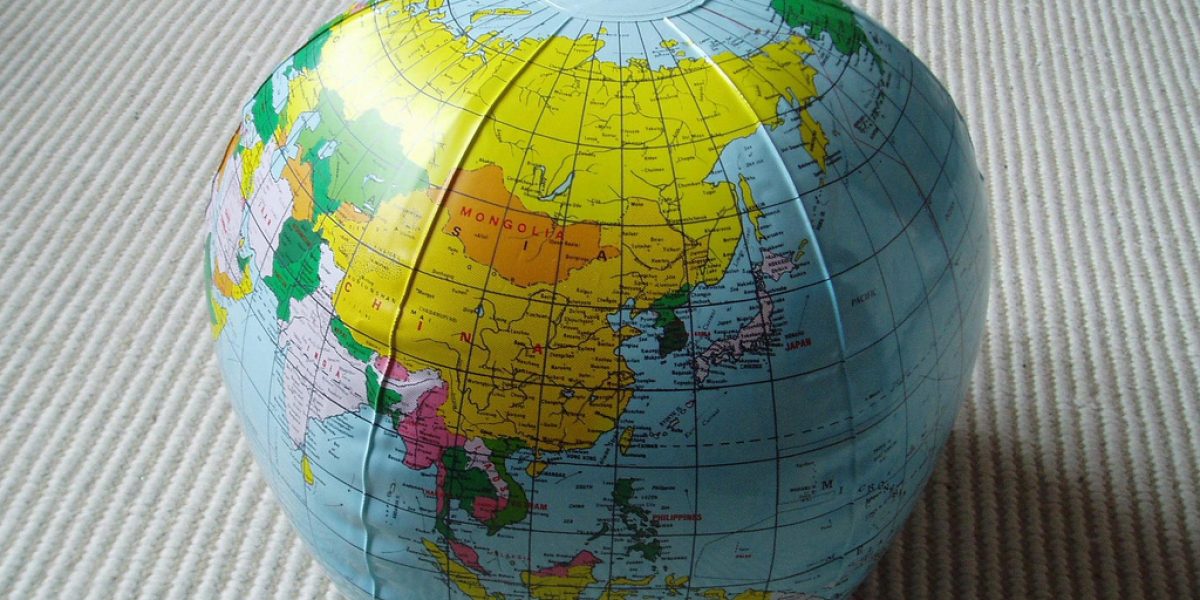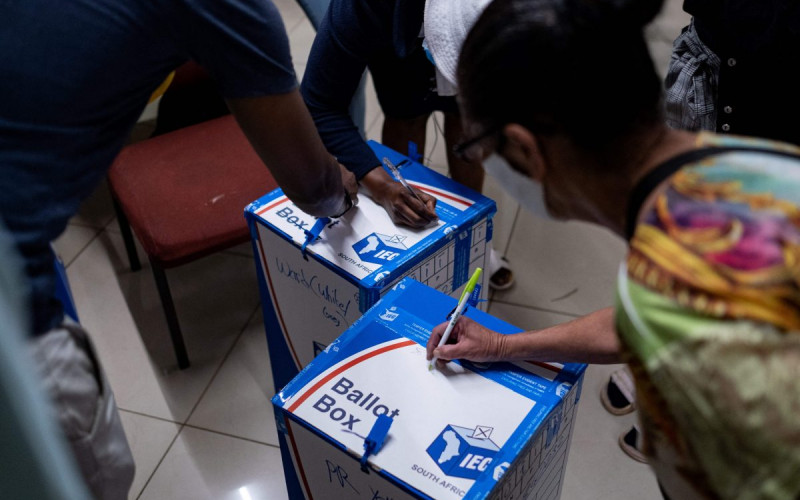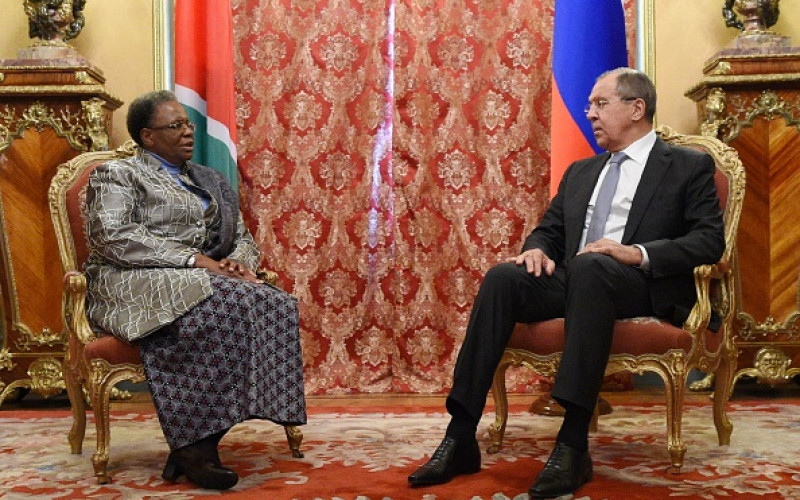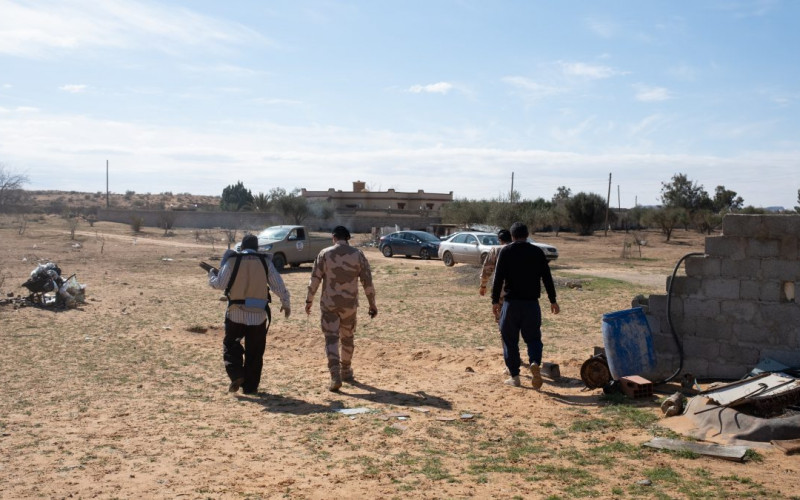For this reason, the Gulf Cooperation Council’s (GCC) decision to dispatch Saudi Arabian armed forces, and police from the UAE to Bahrain, does not bode well for the budding flowers of democracy trying bloom in the region.
The reason given for the deployment of GCC forces is to ‘protect government facilities,’ and additionally it is claimed that the deployment comes in response to a request by the Bahraini government.
Unarmed civilians in Bahrain, with justifiably deep grievances against the ruling Royalty and the government which actively excludes the majority of the population that happens to be Shia from political power and economic opportunity, are therefore forced to stare down the barrels of regional guns.
If regional armed forces are to use violence to crush the pro-democracy movement in Bahrain, they will possibly be sowing the seeds of upheaval inside Saudi Arabia as well. This, due to the fact that a small but vocal minority Shia’s in Saudi Arabia will view the crushing of their brethren’s revolt in Bahrain as a continuation of Arabian rulers’ grip on power.
Bahrain, although only a small island, means the world to the Persian Gulf’s Arab littoral states due to its strategic geographical position. Bahrain is furthermore home to the US navy’s fifth fleet, which ups the geostrategic stakes tremendously due to the fact that across the Persian Gulf lies Iran which has quietly, but surely been extending its own geopolitical influence in the region.
Saudi Arabia and the GCC states are therefore not only saying no to democracy in Bahrain and a normalisation of the political landscape to have the voice of the majority heard in government, but are also sending a firm message that Bahrain is a focal point for maintaining security for Arab states.
The GCC ‘invasion’ of Bahrain furthermore comes at an odd moment in the region.
On Saturday 12 March the Arab League officially called for a UN Security Council imposed no-fly zone over Libya. According to the Arab League this is due to the violence the Libyan government has used to quash its democratic revolt.
The Arab League argues that the Libyan government has lost its legitimacy. Libya’s response to this has, somewhat predictably, been a flat-out rejection of the League’s decision.
But, why do the GCC countries that are also members of the Arab League then dispatch regional armed forces to Bahrain to quell a democratic uprising? Why, one can also ask, have the Arab League and GCC been quiet about pro-government forces killing pro-democracy activists in Yemen’s capital Sanaa? Why doesn’t the Arab League investigate claims that tear gas canisters used to quash the protests in Yemen may be spiked with nerve gas? Thirty Yemeni’s have died as a result of a frenetic government clampdown on pro-democracy protesters in the past two months.
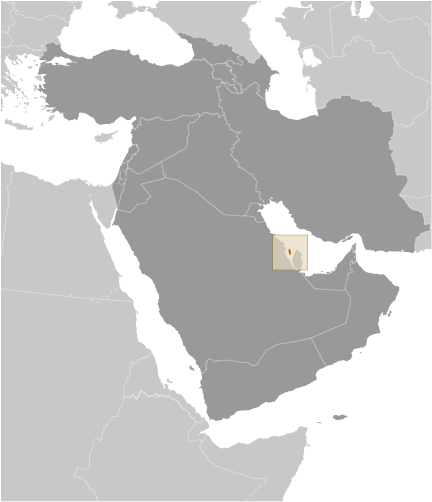
With fast-paced political change washing across the region, it is somewhat strange that the Arab League called on the UN for the imposition of a no-fly zone over Libya. It is strange because several of the Arab League’s member states such as Oman, Bahrain, Yemen, and Mauritania are all, in one way or another, confronted with their own democratic revolts.
The GCC response to Bahrain, and the non-debate on democracy among the rulers of the Arab League clearly shows that there is no interest in supporting democracy, but is rather designed to protect the crown jewels of the royals that still rule the roost in the region.
The question in terms of Libya is therefore whether the move to call for a UN imposed no-fly zone is done in the spirit of protecting the pro-democracy movement, or is it designed to get rid of Gaddafi who has been a pain in the side for some of these countries in the past?
A further question to ask is thus whether rulers in other Arab League member states, who have themselves been at the helm for decades (with their own very questionable ‘democratic credentials’) will open their regimes democratic reforms?
No pro-active and forward looking stance on the future of democracy in the region has emerged from any of the regional bodies.
If Iraq’s arduous history of trying to form governments amidst war and sectarian strife, and signals of internal fragmentation in Bahrain, and Yemen is anything to go by, the biggest casualty of all may yet be democracy and those who are pushing for its implementation across the shifting sands of the Middle East.

